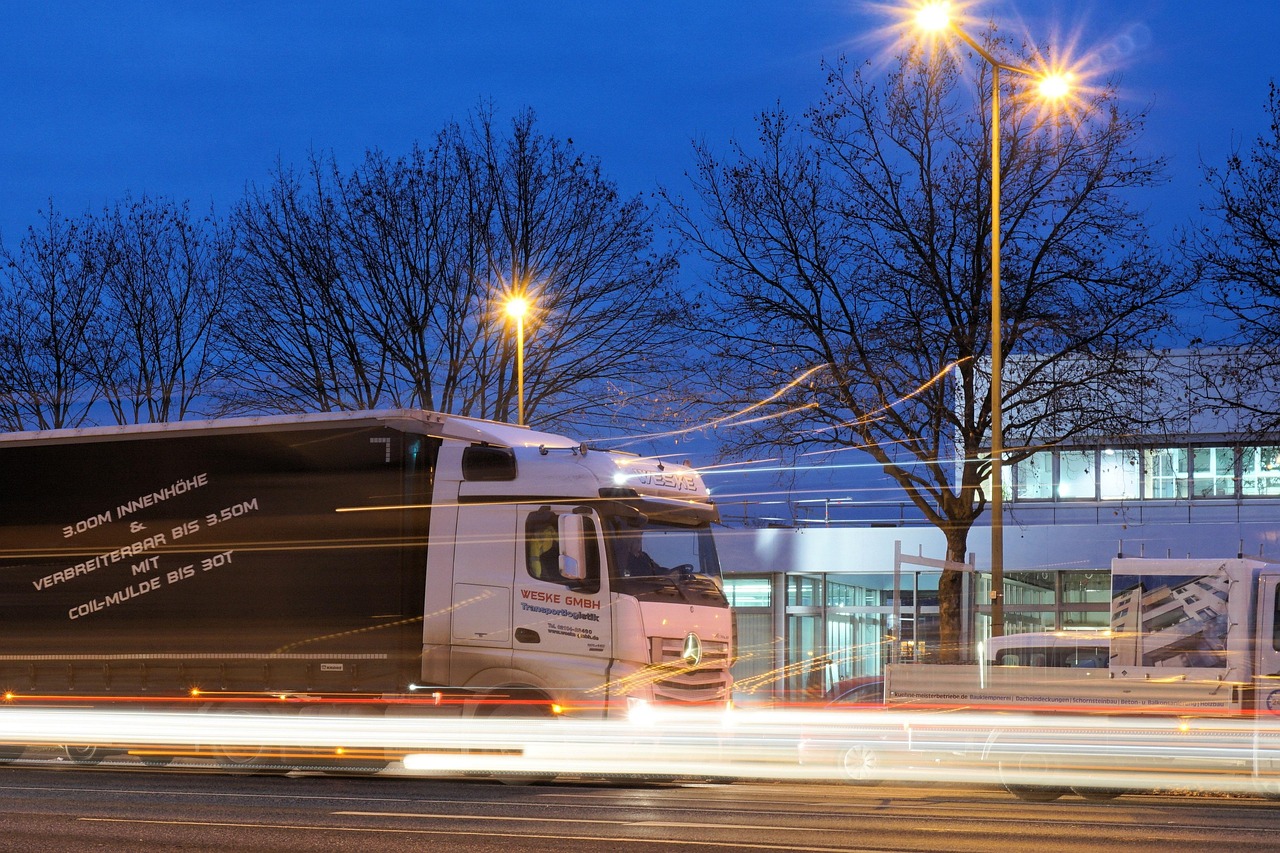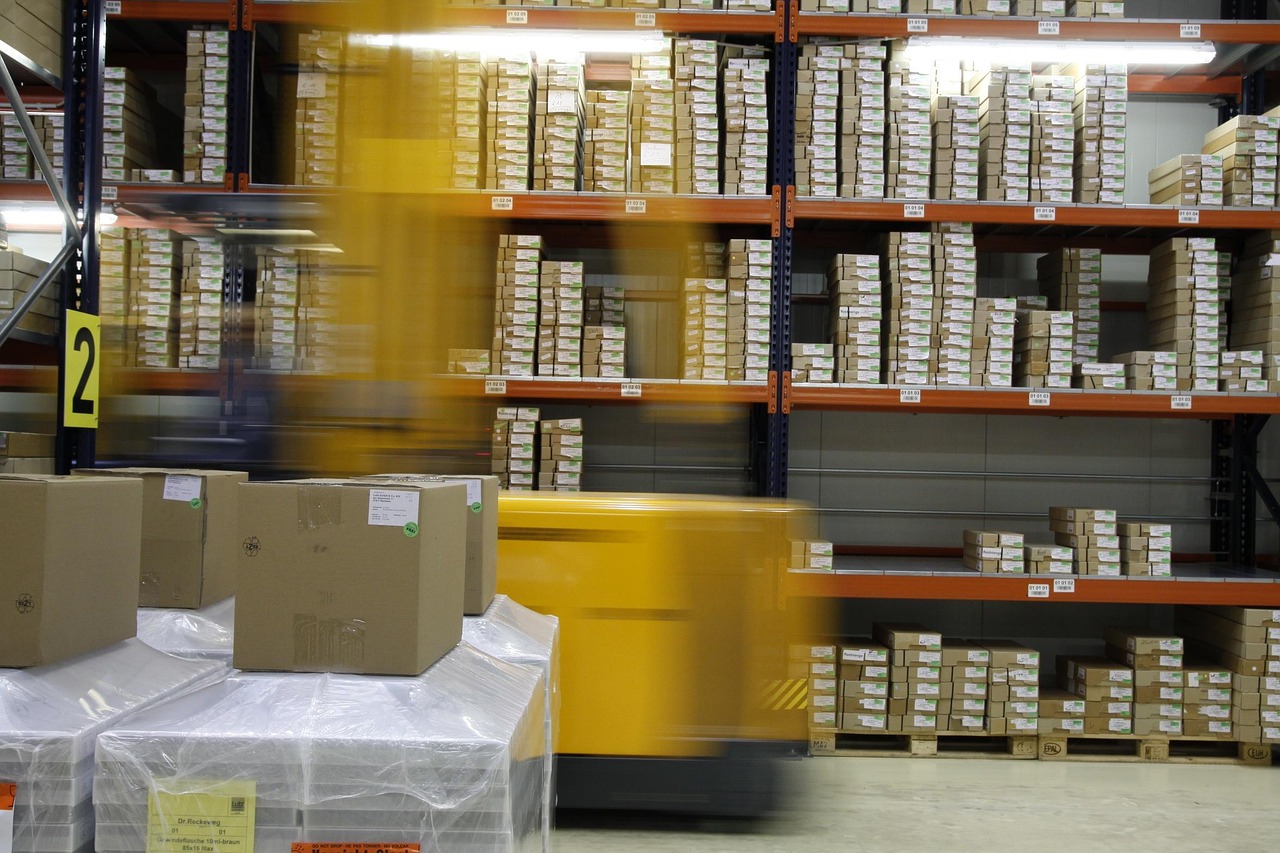Today, logistics is no longer just an operational stage. It has become the pillar upon which customer experience and business competitiveness are built. Delivering a product is no longer simply fulfilling an order, it means offering convenience, personalization, and trust.
That’s why many now call it "the new marketing of e-commerce", and it’s no coincidence.
We live in an era where fast delivery has not only become normalized, but has also turned into an expectation. And the brands that understand this build stronger bonds with their customers and increase their sales.
Below, we share the key points on how logistics has evolved and why it’s a strategic piece to sell more and build buyer loyalty.
The Evolution of Logistics in E-commerce
Over the years, logistics has adapted to new market demands. Consumers now expect faster deliveries and reasonable shipping costs.
During the pandemic, for example, we moved from buying for convenience to buying out of necessity. People couldn’t leave their homes, and home delivery became the norm.
Even after that period, with the fast pace of daily life, consumers prefer home delivery rather than visiting a physical store.
And although not all companies managed to adapt, those that optimized their logistics gained ground. In fact, according to Google data, 75% of users abandon a purchase if the shipping cost is high.
In this context, logistics has focused on several key fronts:
Increased Technology for Faster Deliveries
The demand for flexible and fast deliveries, like same-day delivery, has forced companies to invest in logistics technology.
Today, leading brands use:
- Inventory management systems
- Route optimization
- Partnerships with strategic carriers
All to ensure the order reaches the customer as fast as possible.
Focus on Personalization and Satisfaction
Modern logistics is not only about speed, but about creating memorable experiences.
From custom packaging, to flexible delivery options (like in-store pickup or same-day delivery), to real-time tracking, everything adds to the brand perception.
The customer wants to feel cared for, not just served.
Fulfillment as a Competitive Differentiator
In a saturated market, it’s not enough to have a good product. Logistics can be the true differentiator.
When a company like Cubbo manages fulfillment, it ensures:
- On-time deliveries
- Products in optimal condition
- Consistent experiences
This builds trust and reputation. And when the customer is satisfied, they not only come back… they also recommend you.
That’s why at Cubbo, we offer same-day deliveries to turn every order into a loyalty opportunity.
The Role of Fulfillment in Logistics Optimization
Outsourcing your logistics with a partner like Cubbo lets you focus on what really matters: growing your business.
We handle the operational side while you focus on:
- Developing new products
- Refining your marketing strategy
- Better customer service
Scalability and Flexibility in Deliveries
One of the great benefits of fulfillment is its ability to adapt.
Whether you're in a high season, launching a campaign, or expanding your operation, Cubbo offers scalable and flexible solutions that match your e-commerce demand.
Access to Technology and Specialized Expertise
Behind well-executed fulfillment, there is:
- Advanced technology
- Optimized processes
- A team with logistics expertise
Working with a partner like Cubbo adds efficiency, precision, and quality to every stage of your supply chain.
Turn Your Logistics Into a Competitive Advantage
Talk to one of our specialists and discover how to take your e-commerce to the next level with logistics processes that add value and multiply results.
Strategies to Choose the Ideal Fulfillment Center
Before choosing a fulfillment partner, evaluate your business needs carefully. Consider aspects such as:
- Storage capacity
- Packaging capacity
- Strategic location of the distribution center
Take into account the following points:
1. Research the Fulfillment Company
Analyze different options and compare:
- Costs
- Location
- Center size
- Customer reviews
- Service level and associated carriers
2. Evaluate Their Investment in Technology
A good fulfillment company should have:
- Inventory management systems
- Process automation
- Advanced order tracking
By partnering with a company like this, you ensure more agile and efficient operations.
Success Story: Above Average and Cubbo
A clear example of what can be achieved with a good partnership is Above Average, a brand that decided to outsource its logistics with Cubbo.
- The result?
- Higher conversion
- More satisfied customers
- Increased profitability
In this case, packaging and labeling optimization was one of the client’s top concerns. Cubbo solved this with more precise and efficient processes.
In addition, we applied algorithms to select the best carrier for each shipment, which significantly reduced delivery times.
Thanks to this alliance, the brand was able to free up resources to focus on innovation and growth, while we handled the logistics.
Conclusion
Logistics is no longer a “necessary evil”, but has become a strategic tool for marketing and customer retention.
Brands that invest in strategic fulfillment partners, like Cubbo, offer exceptional experiences that set them apart in an increasingly competitive market.
Interested in learning more about how we can help you?
Talk to our team of experts today.
Did You Enjoy This Content?
Keep browsing our blog and discover how logistics can transform your business.
See you next time.







